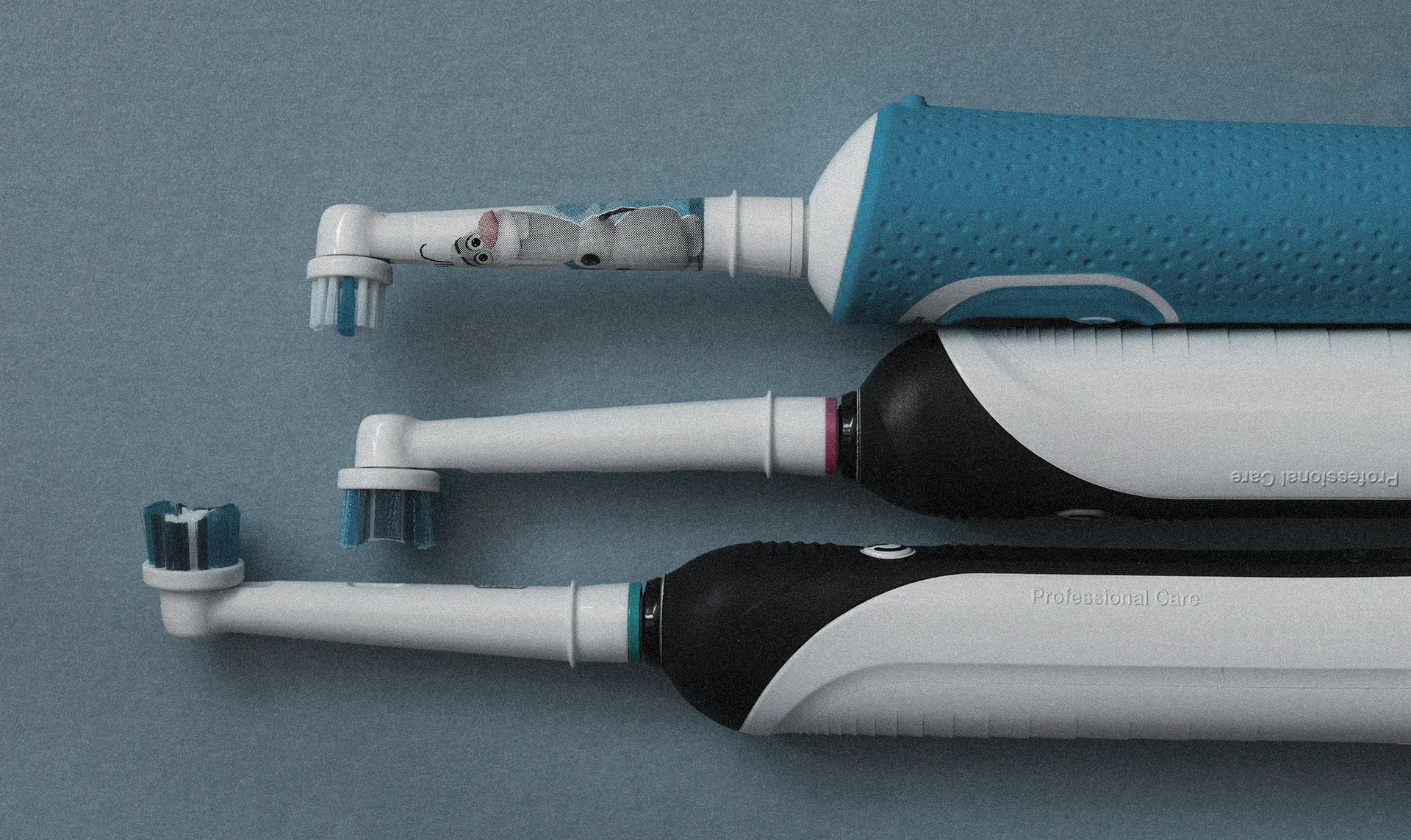

|
||

Hackers have commandeered approximately three million smart toothbrushes, transforming them into a botnet for launching a DDoS (Distributed Denial of Service) attack against a Swiss company’s website, causing significant financial losses.
According to a report by Aargauer Zeitung, the attack exploited vulnerabilities in the Java-based operating system used by these internet-connected dental devices, which are typically designed to monitor and improve users’ oral hygiene.
Stefan Züger of Fortinet has advised owners of smart devices, including toothbrushes, routers, and other internet-connected gadgets, on safeguarding against such cyber threats. He highlights the constant risk these devices face from hackers probing for weaknesses, underscoring an ongoing battle between cybercriminals and manufacturers to secure connected technology.
Costly consequences: The targeted Swiss company suffered extensive financial damage due to the DDoS attack, potentially exacerbated by a refusal to meet the hackers’ ransom demands. This incident underscores the broader risks of IoT (Internet of Things) device security, emphasizing the importance of regular updates, network monitoring, and adherence to security best practices to mitigate such threats.
Sponsored byVerisign

Sponsored byDNIB.com

Sponsored byWhoisXML API

Sponsored byCSC

Sponsored byIPv4.Global

Sponsored byRadix

Sponsored byVerisign

Lots of things have happened since this was written. Follow the link in “ According to a report by Aargauer Zeitung,” there are disputes and counter claims about whether this actually happened or not.